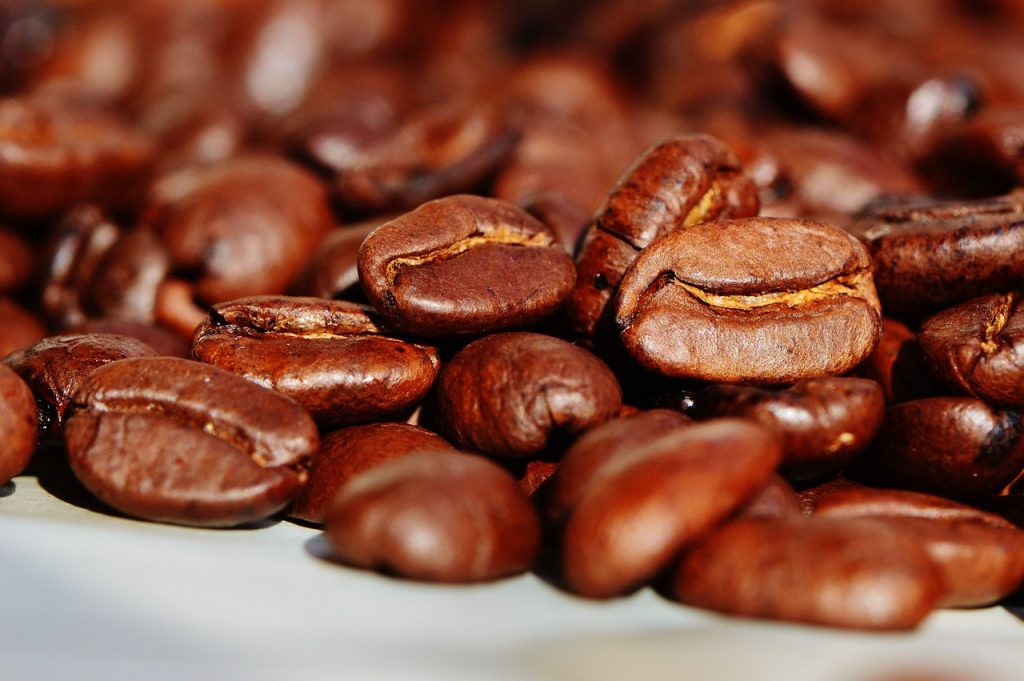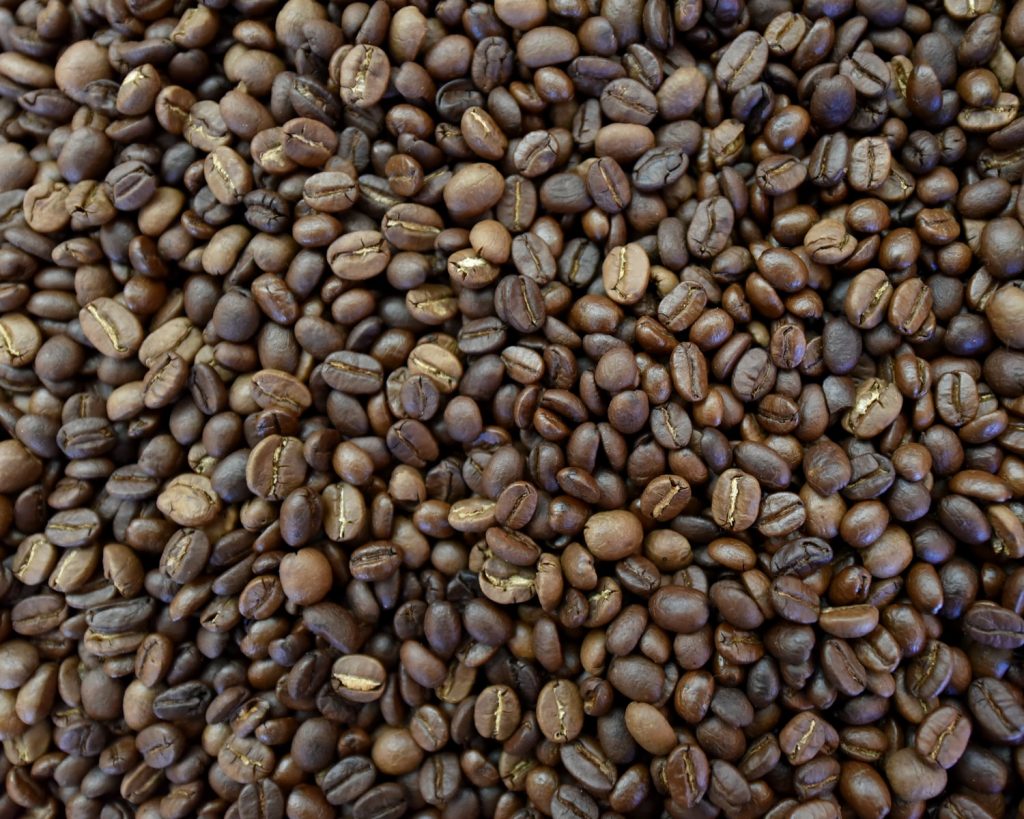There is a lot of debate surrounding the resting of coffee. Some people swear by it, while others think it’s an unnecessary step. So, does fresh roasted coffee need to rest? The answer is…it depends. Let’s take a closer look at what resting coffee entails and whether or not it’s necessary for your cup of joe.
Should you let coffee rest after roasting?
As any coffee lover knows, there is nothing quite like a freshly brewed cup of joe. The rich aroma and bold flavour of freshly roasted beans is hard to resist. However, many people believe that coffee beans taste best when they are allowed to rest after roasting. This gives the beans time to release their oils and soften their flavour. As a result, coffee that has been allowed to rest is often smoother and more complex than coffee that is consumed immediately after roasting.
While there is no right or wrong answer, ultimately it comes down to personal preference. So go ahead and experiment with different brewing methods to find the perfect cup of coffee for you.
How long should you rest coffee after roasting?
After you roast coffee, the beans need time to degas. This process allows carbon dioxide to escape, and it helps to improve the flavour of the coffee. The amount of time that you should rest coffee depends on the type of beans and your personal preferences. For example, light roasted beans typically need less time to degas than dark roasted beans. In general, most coffees taste best if they are allowed to rest for at least 24 hours. However, if you are in a hurry, you can start brewing after 12 hours. The key is to experiment and find the resting time that works best for you.
How long after roasting is coffee good for espresso?

It’s no secret that espresso is one of the most popular coffee drinks around. But what many people don’t realize is that in order to make a great espresso, you need to start with great coffee. And one of the best ways to get great coffee is to roast it yourself. However, roasting coffee beans is a bit of an art, and it takes practice to get it just right. So how long after roasting should you wait before making espresso?
The answer, surprisingly, is not very long at all. In fact, experts say that the ideal time to make espresso is between 24 and 48 hours after roasting. This is because the beans need time to off-gas, or release carbon dioxide. If you make espresso too soon after roasting, the beans will still be full of carbon dioxide and the espresso will be weak and watery. However, if you wait too long, the beans will start to lose their flavour. So if you want to make the perfect espresso, aim for somewhere in the middle and make it within a day or two of roasting your beans.
How do you cool coffee beans after roasting?
Immediately after roasting, coffee beans are placed in a cooling bin where they are constantly stirred. The purpose of this is to stop the roasting process by removing heat from the beans and to cool them evenly. If the beans were not cooled quickly and evenly, they would continue to roast, giving them an undesirable flavour. Once the beans have cooled to room temperature, they are transferred to storage bags where they will rest until they are used. By cooling the beans immediately after roasting, coffee companies can ensure that their product has the perfect flavour.



